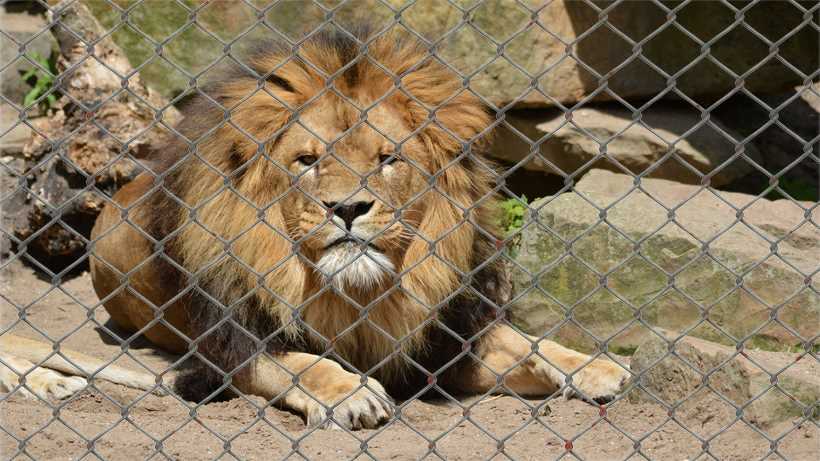The problem with zoos
https://netivist.org/debate/pros-and-cons-of-zoos
According to the International Zoo News, Lions in zoos spend 48% of their time pacing, a recognized sign of behavioral problems.
May 24, 2018
Zoos by definition are places that collect and showcases animals for studying, learning and entertainment. However, the more you look at zoos, the more you realize zoos are torturous places of neglect and dishonor to animals.
Examples of abuse are often found in the news, two neglected dead zebras replaced with painted donkeys, or chimpanzees drowning in moats in their enclosure trying to save each other. A zoo in Cumbria is having its licence revoked as a result of nearly 500 animals dying over a two-year period; it is well apparent that zoos are the epitome of animal suffering.
Zoos can never provide animals with the habitat they need, because these animals belong in the wild. One example is how elephants in the wild live longer. According to ABC NEWS, “researchers found that the median lifespan for African elephants in European zoos was 16.9 years, compared with 56 years for elephants who died of natural causes in Kenya’s Amboseli park.” Many elephants in zoos die of obesity and lack of exercise, yet in the wild elephants can walk 50 miles a day. Lions and tigers have 18,000 times less space in zoos than they would in the wild and polar bears have one million times less space.
A well-known disorder called Zoochosis is the repetitive, disturbed behaviors that animals do in the zoo. Surprisingly confined spaces along with abusive circumstances mentally damage these animals. The behaviors of Zoochosis are similar to OCD: Bar biting, neck twisting, excessive grooming, swaying/pacing, vomiting and self-mutilation. Another behavior is Coprophagia, in which the animal will play and eat it’s own feces.
Zoos are problematic-but a solution isn’t far away. If we could focus on protecting the animals and their habitats instead of collecting them, we could see their beauty better than any zoo could.








